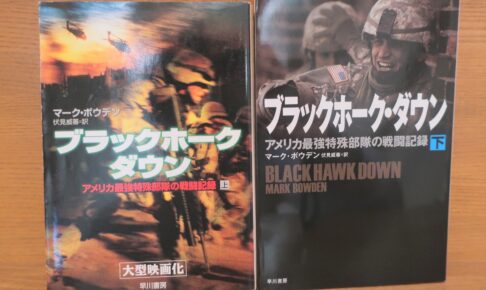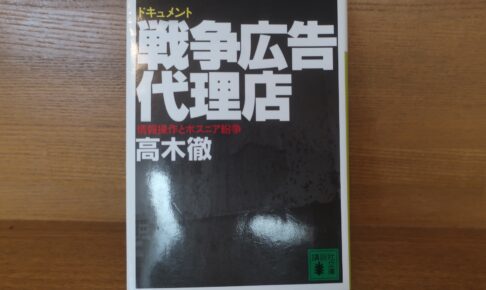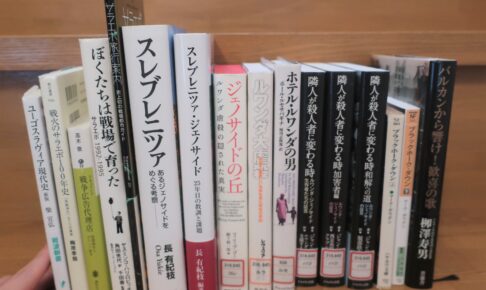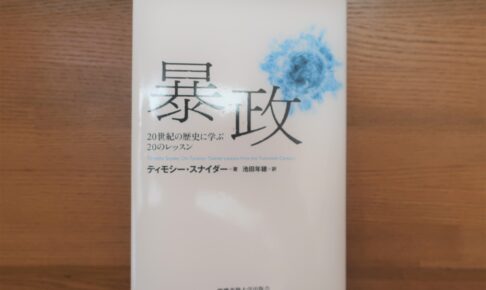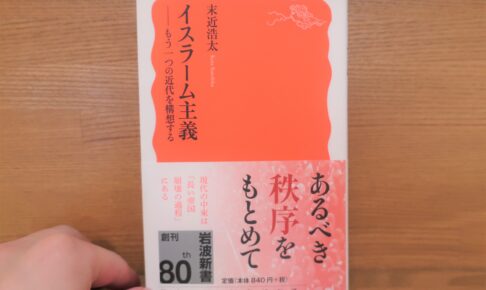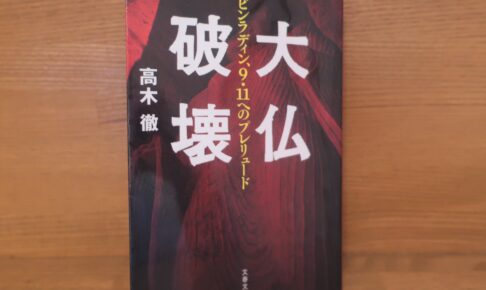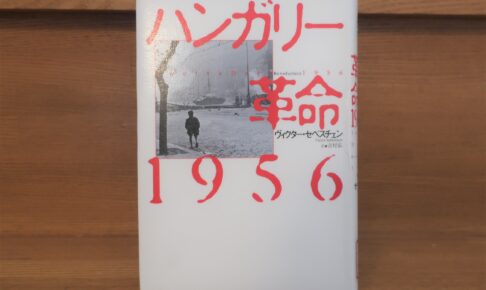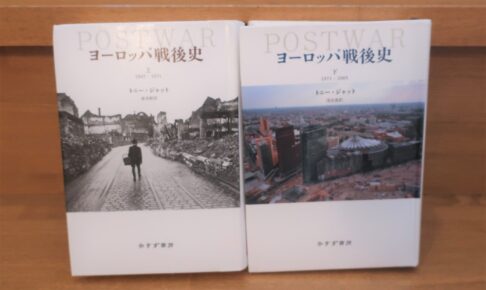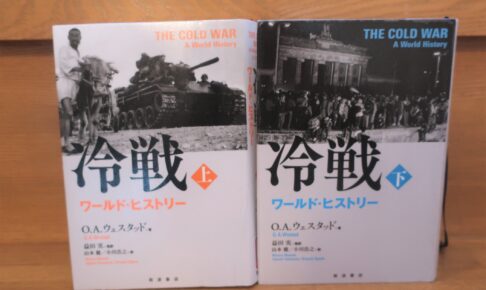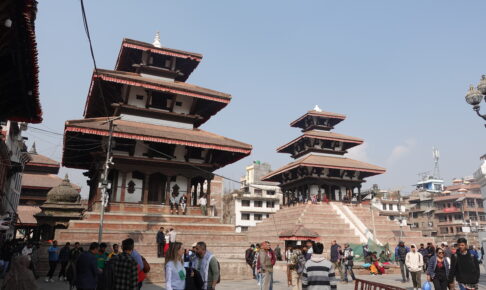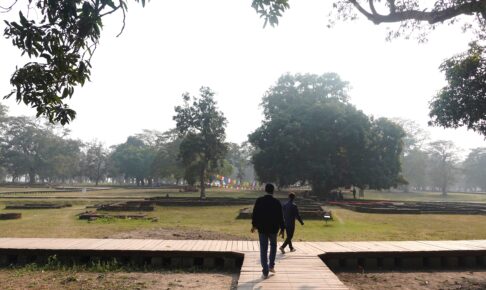Black Hawk Down: The Combat Record of America's Finest Special Forces - Based on the blockbuster movie! Recommended to learn about the Somali tragedy.
This film was the basis for Ridley Scott's hit movie Black Hawk Down.
The fighting in Somalia was to have a major impact on later U.S. military intervention.
It is said that the UN peacekeeping operations that became dysfunctional in the Bosnian conflict and the Rwandan genocide, both of which have been discussed in this blog, were also greatly affected by this very incident.
Until then, the United States and other industrialized nations believed that conflicts in developing countries could be easily put down if they intervened with overwhelming force. However, Black Hawk Down was the event that destroyed this optimistic view.
At this point, the final countdown to the Rwandan genocide and the Srebrenica massacre may have begun...












